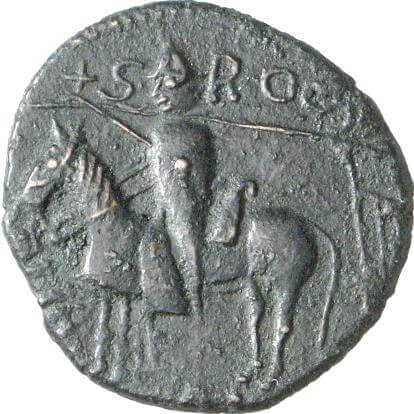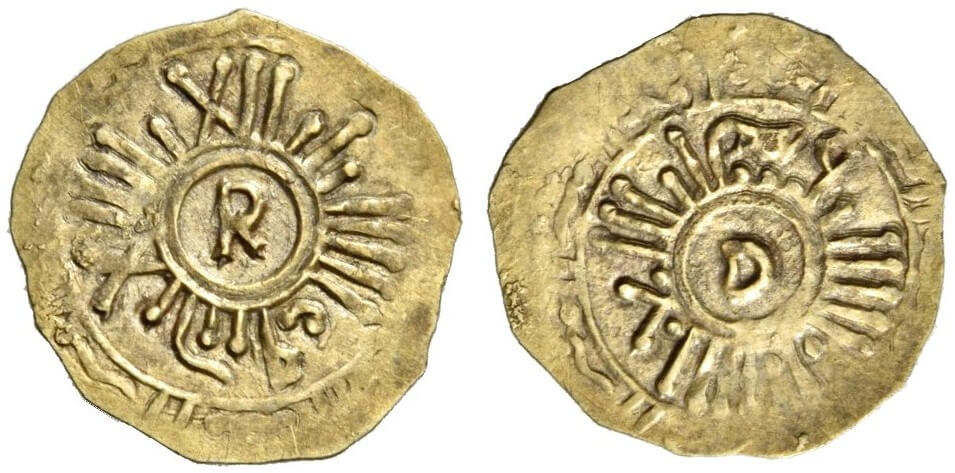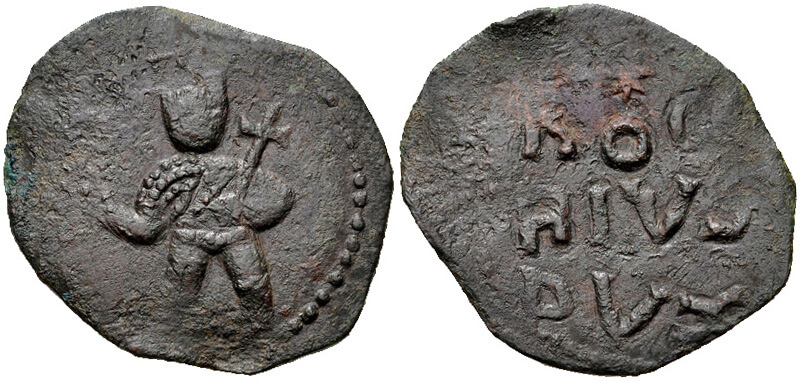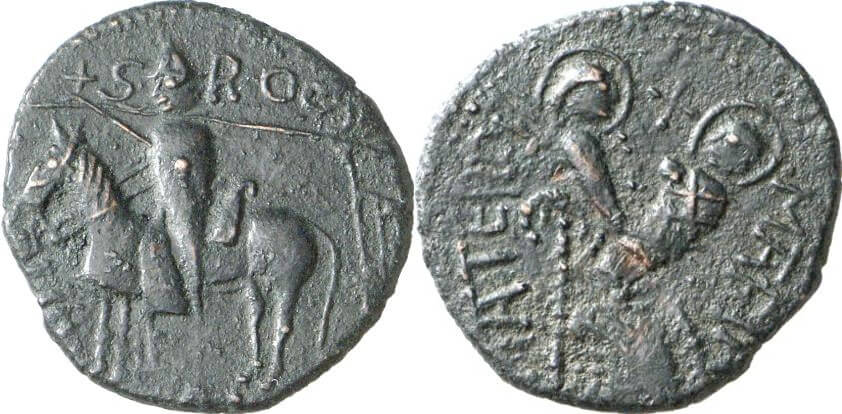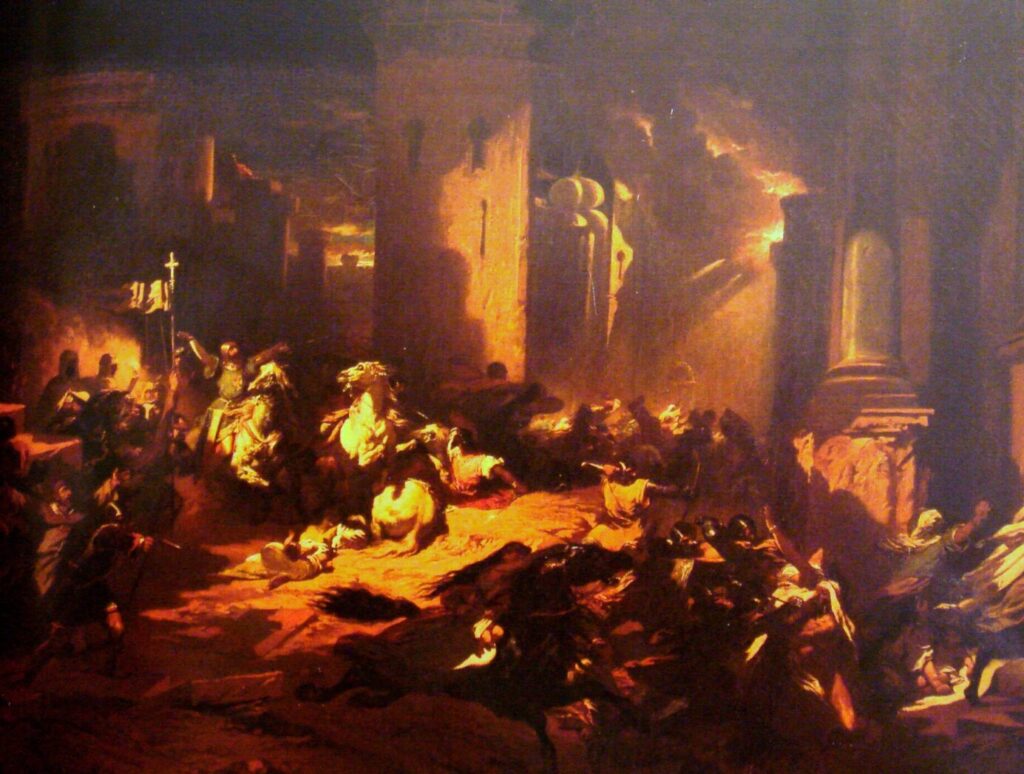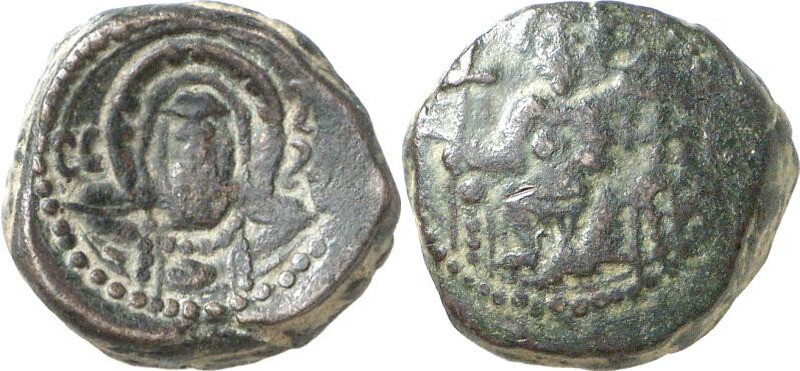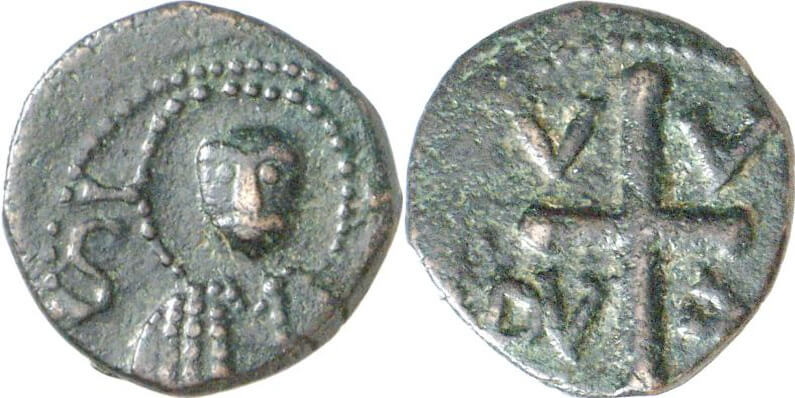Medieval Sicily Part 9: The Golden Age of Sicily Begins
All previous episodes of the series “Medieval Sicily” can be found here.
We left Sicily in 1085 when Robert Guiscard died during his second invasion of the Byzantine Empire. Robert’s successor was his eldest son from his second marriage, Roger Borsa.
Roger Borsa – the moneybag
The ruler had been given his nickname “moneybags” because he was accused of having counted all the coins in his moneybag since his early childhood. A highly unchivalrous habit and a recipe for the failure of every medieval feudal lord! The knightly ideal envisioned the lavish prince who appreciated money only when he had spent it on his splendour. A Borsa could not be a master as the vassals loved him.
Bohemond of Taranto
Bohemond, Robert’s son from his first marriage, was quite a different fellow. Although his father had excluded him from succession, he found the support of numerous nobles. They turned peaceful Puglia into a theatre of war. In the end, Roger Borsa was forced to merge a considerable part of his duchy into the Principality of Taranto in order to give it to Bohemond as a fief. The surreptitious winner of this dispute between Robert’s sons was Uncle Roger, the Roger who had meanwhile won over half of Sicily to himself.
He loyally supported his militarily weak feudal lord, above all because the Borsa rewarded him for his help with new fiefs. While Robert Guiscard had still directly controlled Palermo, it now came – like all other Sicilian and many Apulian and Calabrian territories – under the direct rule of Roger.
By the way, Roger’s bronze coins were based on Byzantine models, even if the designs were Norman: Roger is depicted as a Norman knight on horseback with a nasal helmet and a pavis. Clearly recognizable is the saddle raised at the back, which provided the fighter with more security during the attack. The back shows the Virgin Mary with the Christ Child.
Bohemond becomes a crusader
The conflict between Roger Borsa and his older half-brother ended in 1096 in a relatively typical manner. Bohemond discovered a new destination where he could live out his ambition. He joined the first crusade with the firm goal of conquering an important dominion for himself. He succeeded. Bohemond ruthlessly secured the rule over Antioch for himself. This assured him a position in the European aristocracy: the French king gave him his daughter Constance to be his wife. In the few remaining years of Bohemond’s life, he was busy fighting for his heritage overseas, which made life much easier for Roger Borsa.
These events are symptomatic and show very well the influence of the Crusades throughout Europe. Men who had been disregarded by their fathers in the distribution of their inheritance, found an outlet for their ambitions in the Holy Land. Either, like Bohemond, they succeeded in securing a position, or they died in the attempt. Very few crusaders grew old. This bloodletting of frustrated yobs, spanning two to three generations, made Europe a lot more peaceful.
The independent Sicily
While Bohemond conquered Antioch, the older Roger limited himself to the systematic assumption of power in Sicily. In 1094, at the age of 63, Roger was at last the undisputed lord of the island. This meant that he was in a unique position in Europe: while the princes elsewhere had to deal with strong vassals all over, Roger ruled over a mixture of peoples and religions that recognised in him, and him alone, the guarantor of an amicable coexistence. Thus no problems occurred at the change of ruler, even though the only surviving son of Roger, Roger II, was only five years old when his father died in 1101. His mother, Countess Adelaide, led the regency with great competence until 1112. When Roger II reached adulthood in 1112, his mother passed full dominion over an intact empire to him.
1111/2 was the great generational break. In 1111 Roger Borsa and Bohemond of Taranto died. Both left behind underage heirs, to whom Roger II, now of age, was superior, which he exploited to the fullest. The son of Roger Borsa, William, born 1094 or 1097, was probably only 14 years old when his father died, so his mother took over the regency for him. The great loss of power that his father had already suffered made it practically impossible for him to pursue independent politics. Roger II gradually annexed the area theoretically ruled by Bohemond of Taranto’s son. William, the son of Roger Borsa, he supported actively, of course only in exchange for new fiefs, so that by 1122 there was no piece of land left in Sicily and Calabria which Duke William would still have had directly under his command.
Read in the next episode how Roger II not only takes over the empire of Robert Guiscard, but also the conflict with the Pope.
All episodes of the series can be found here.
And if you want to see more pictures from Sicily, we recommend our series “Sicily in full bloom”.







